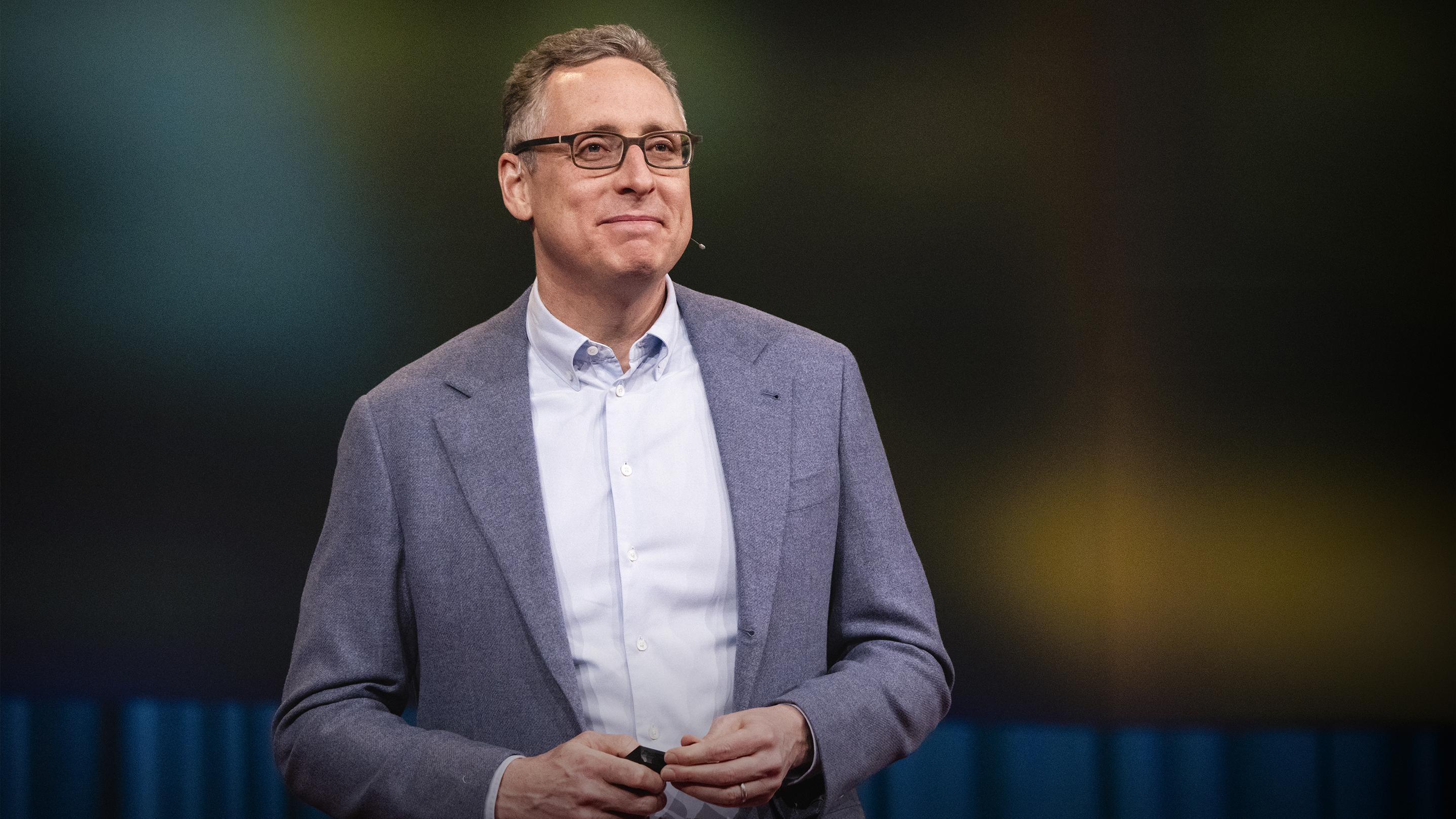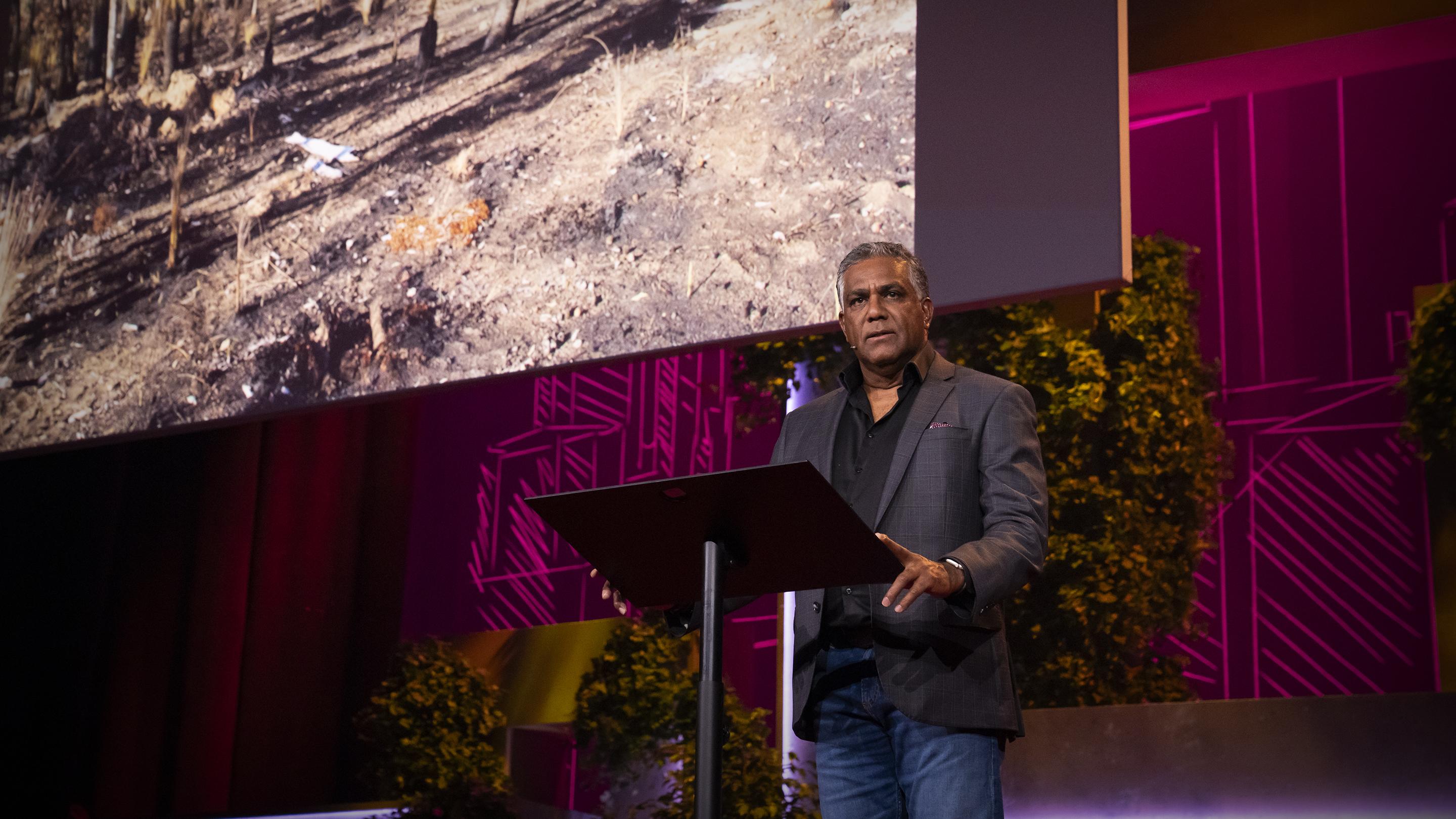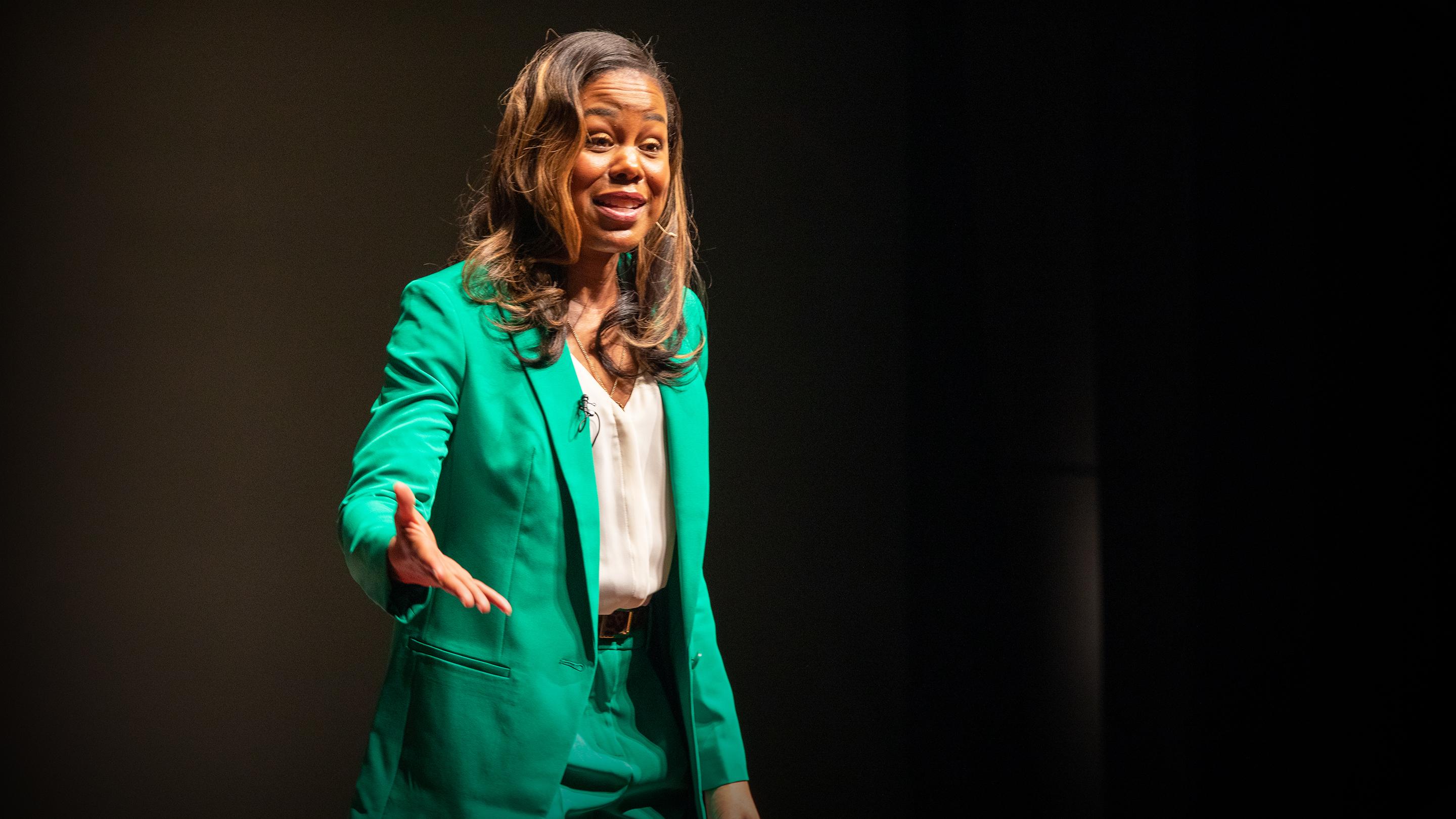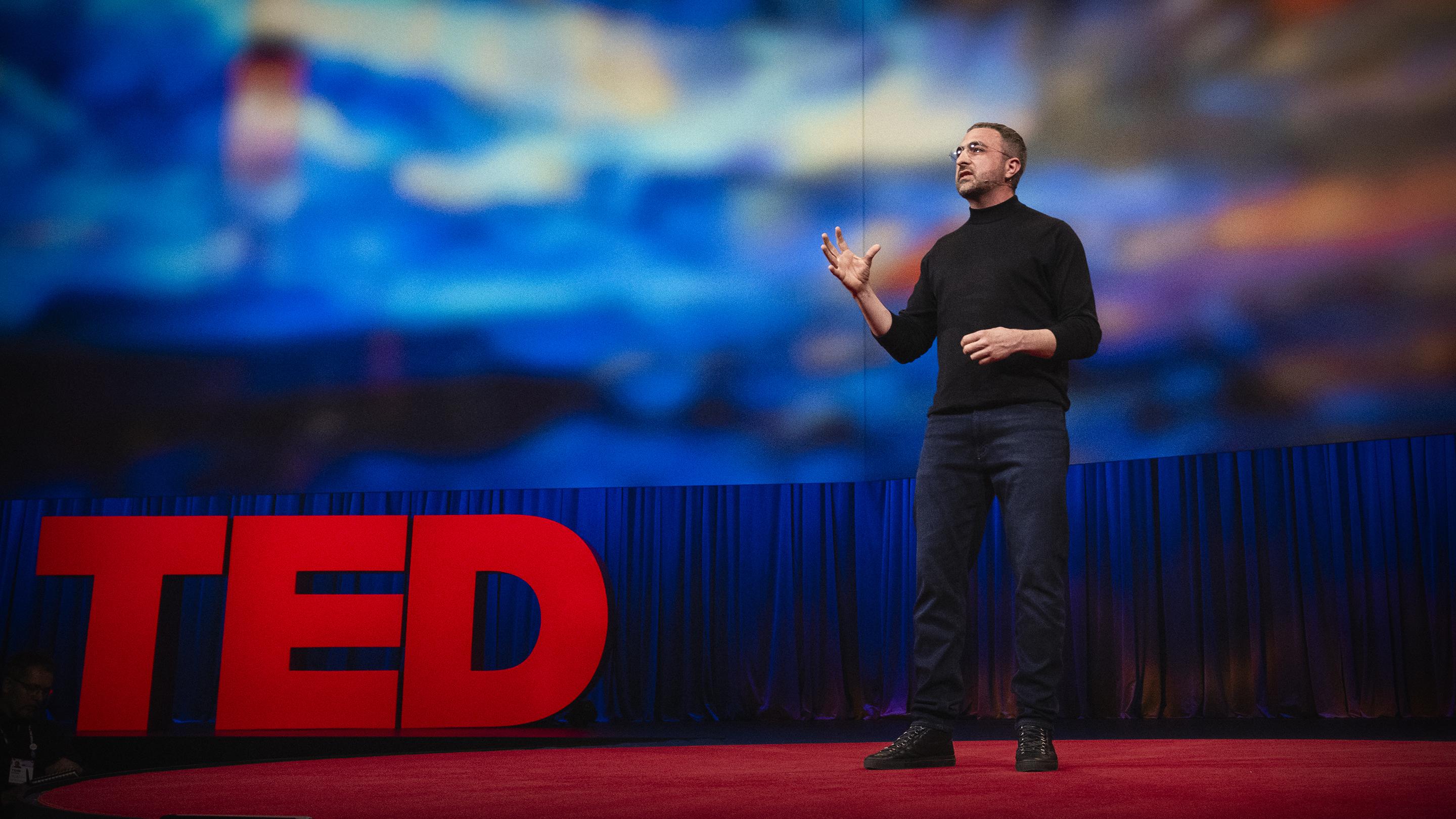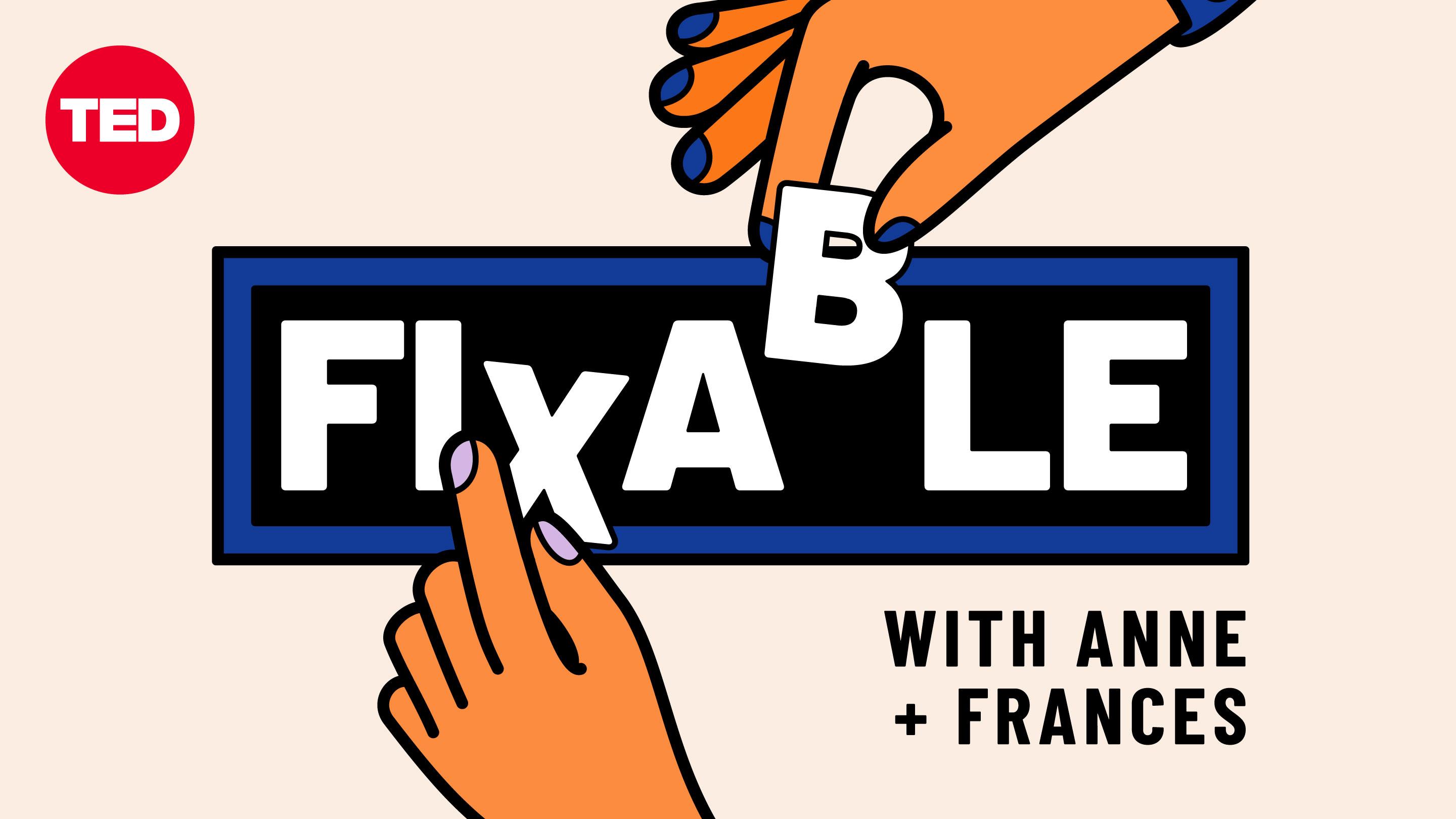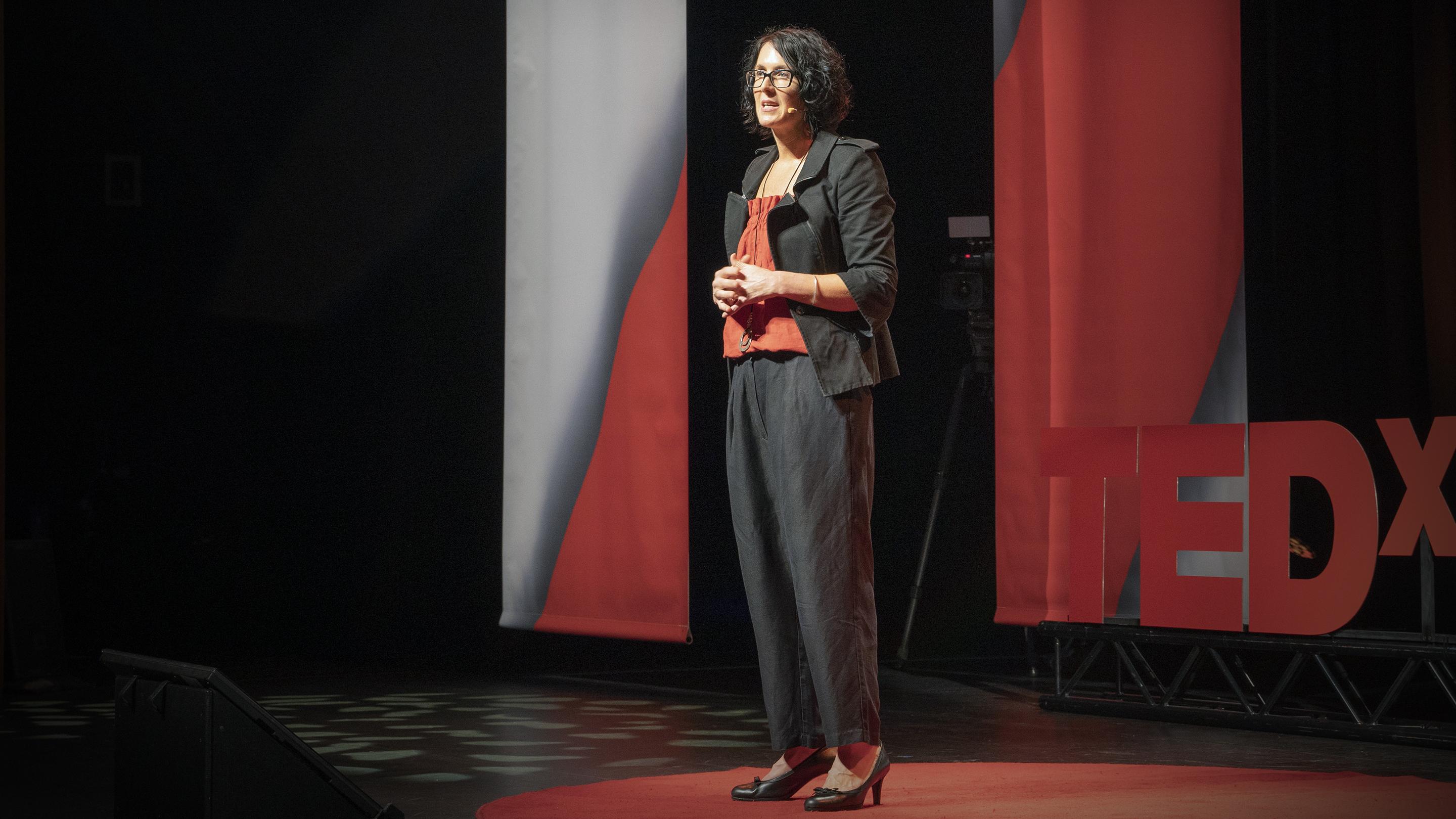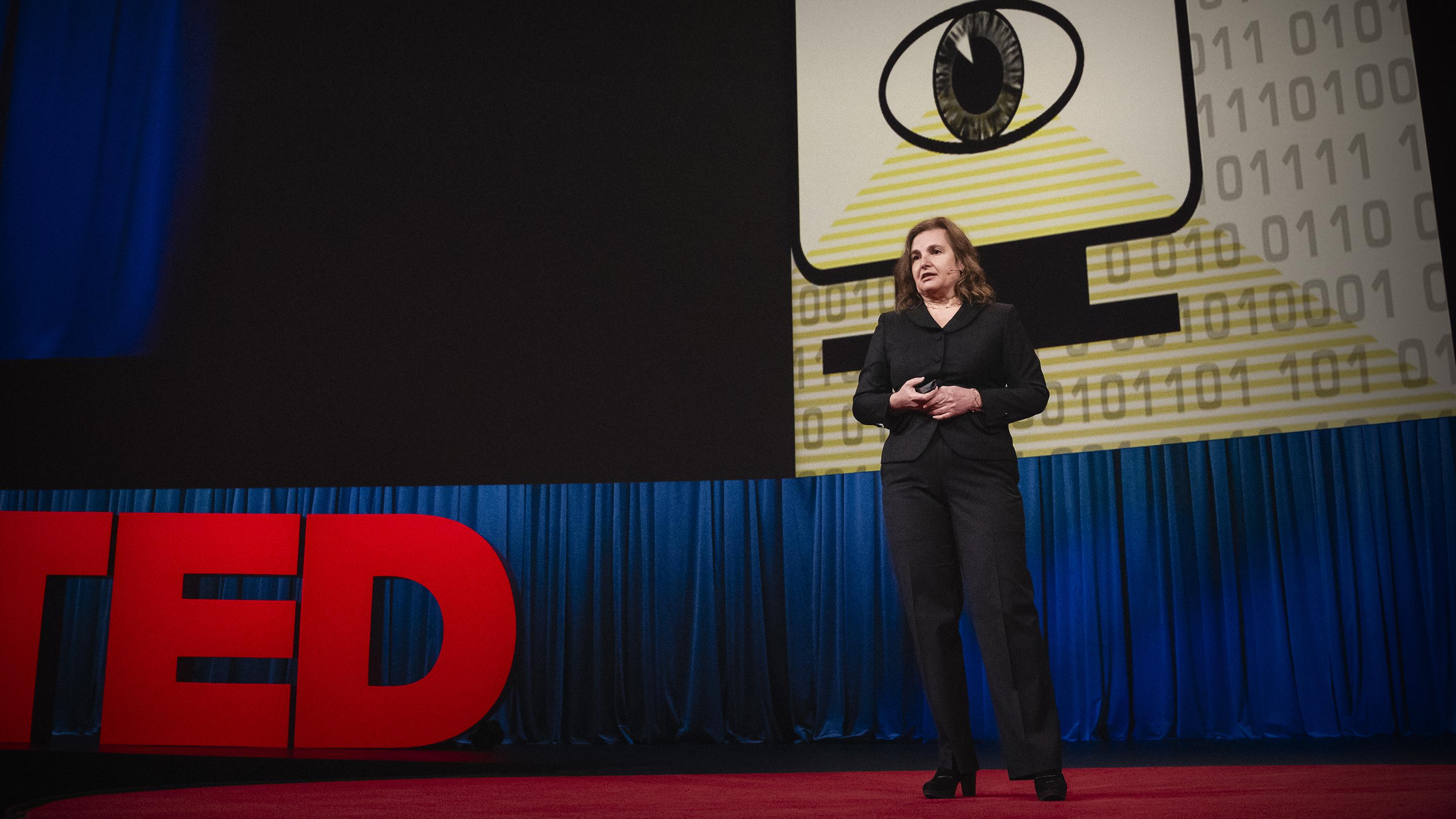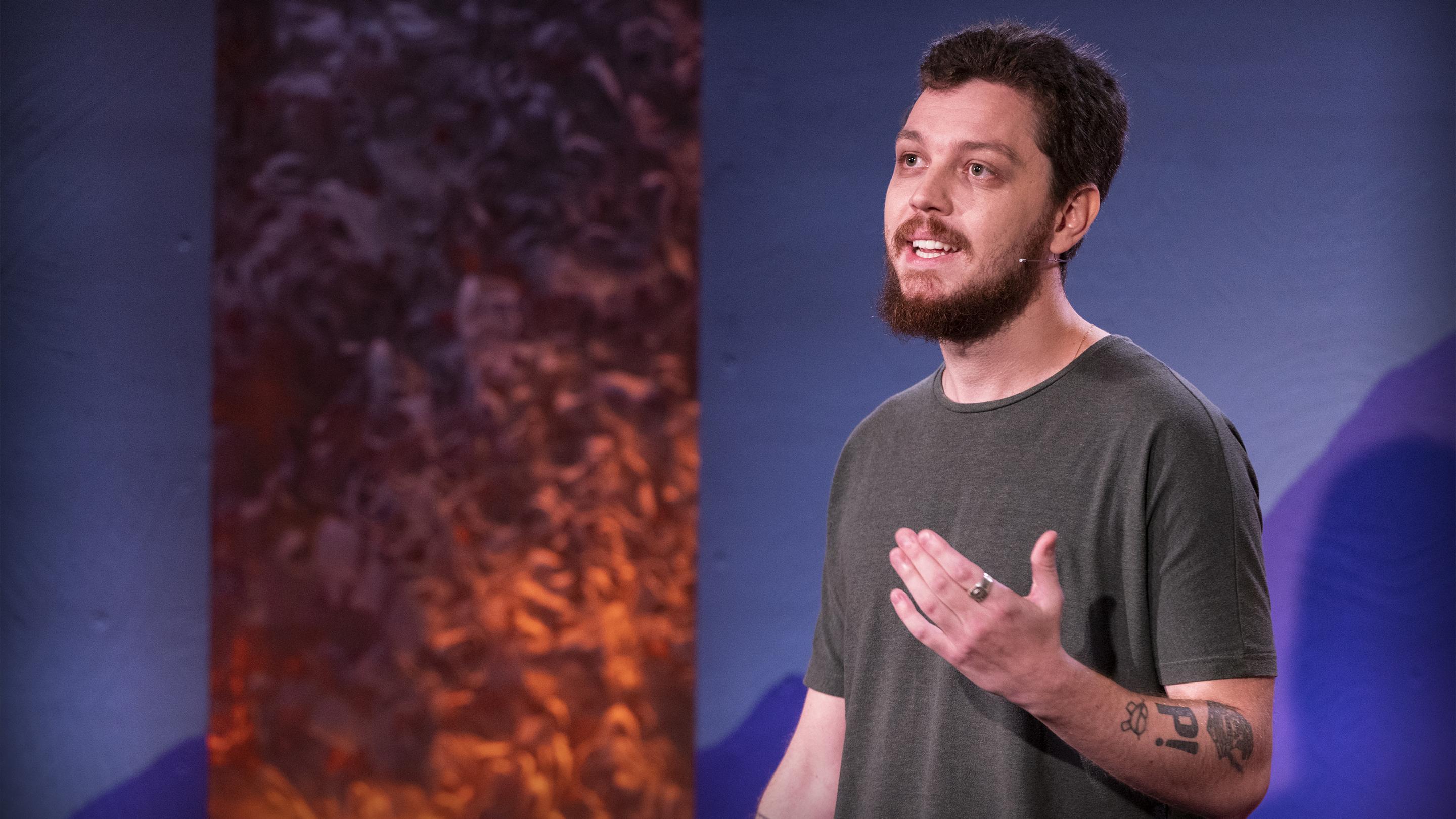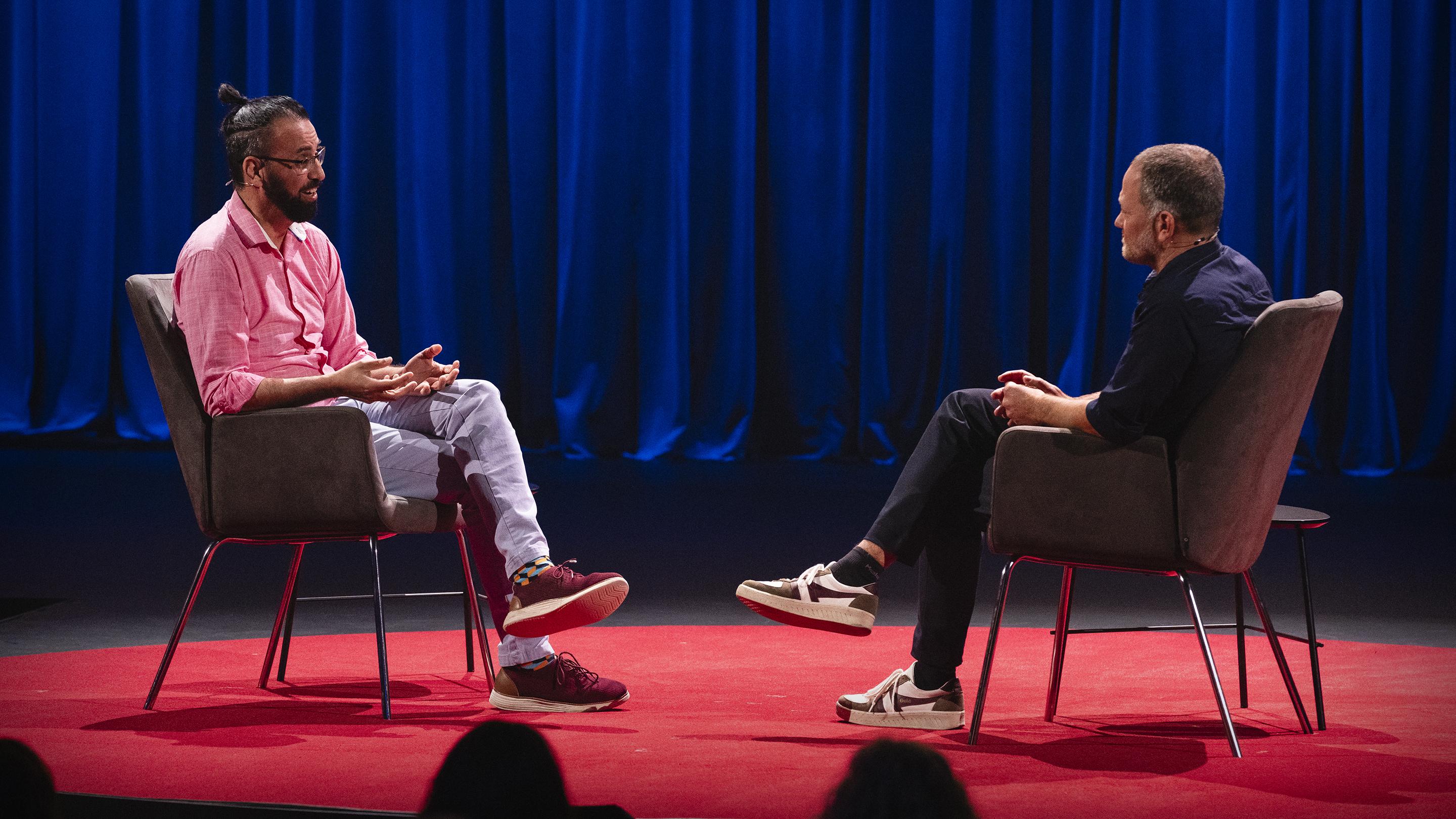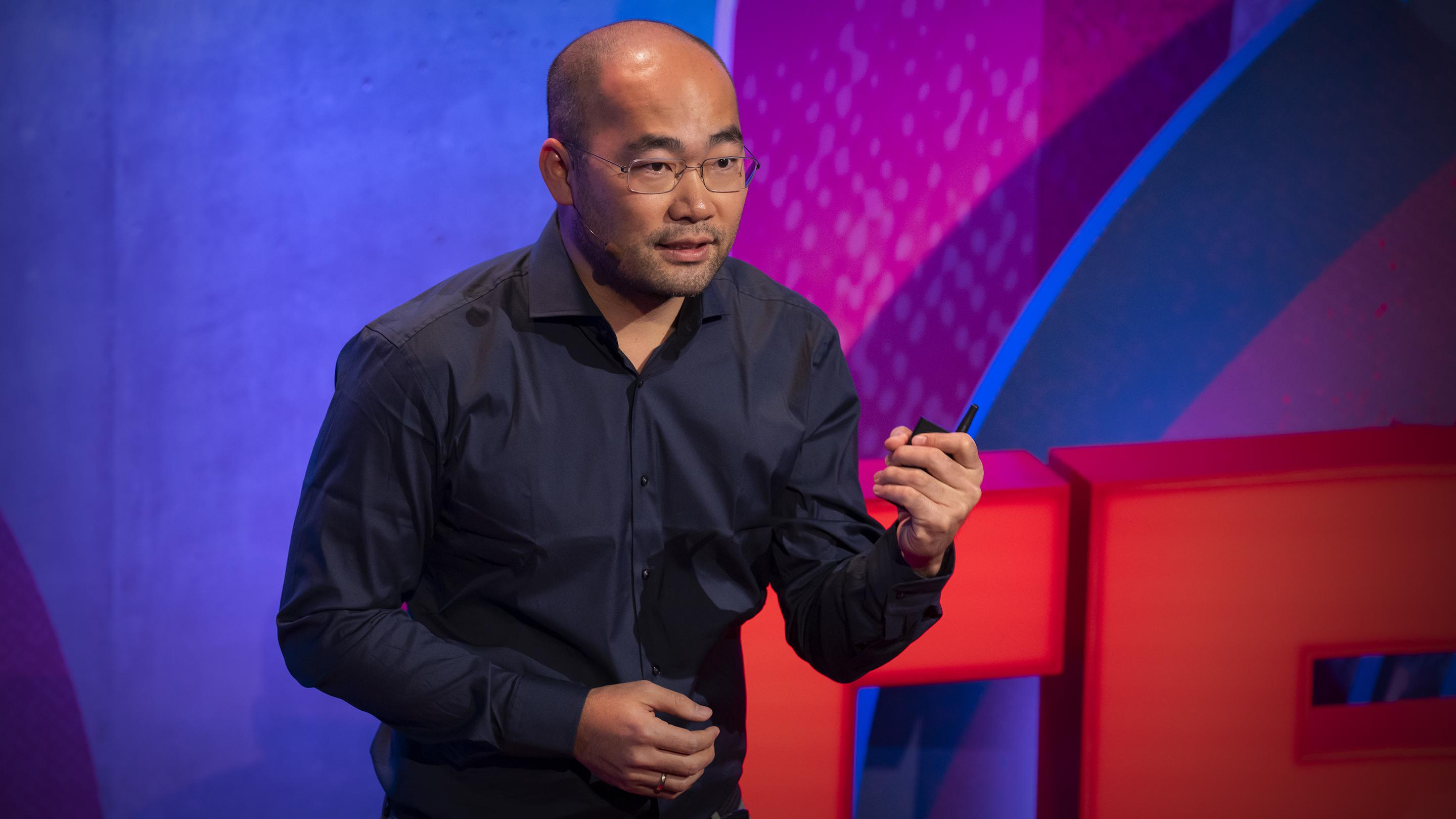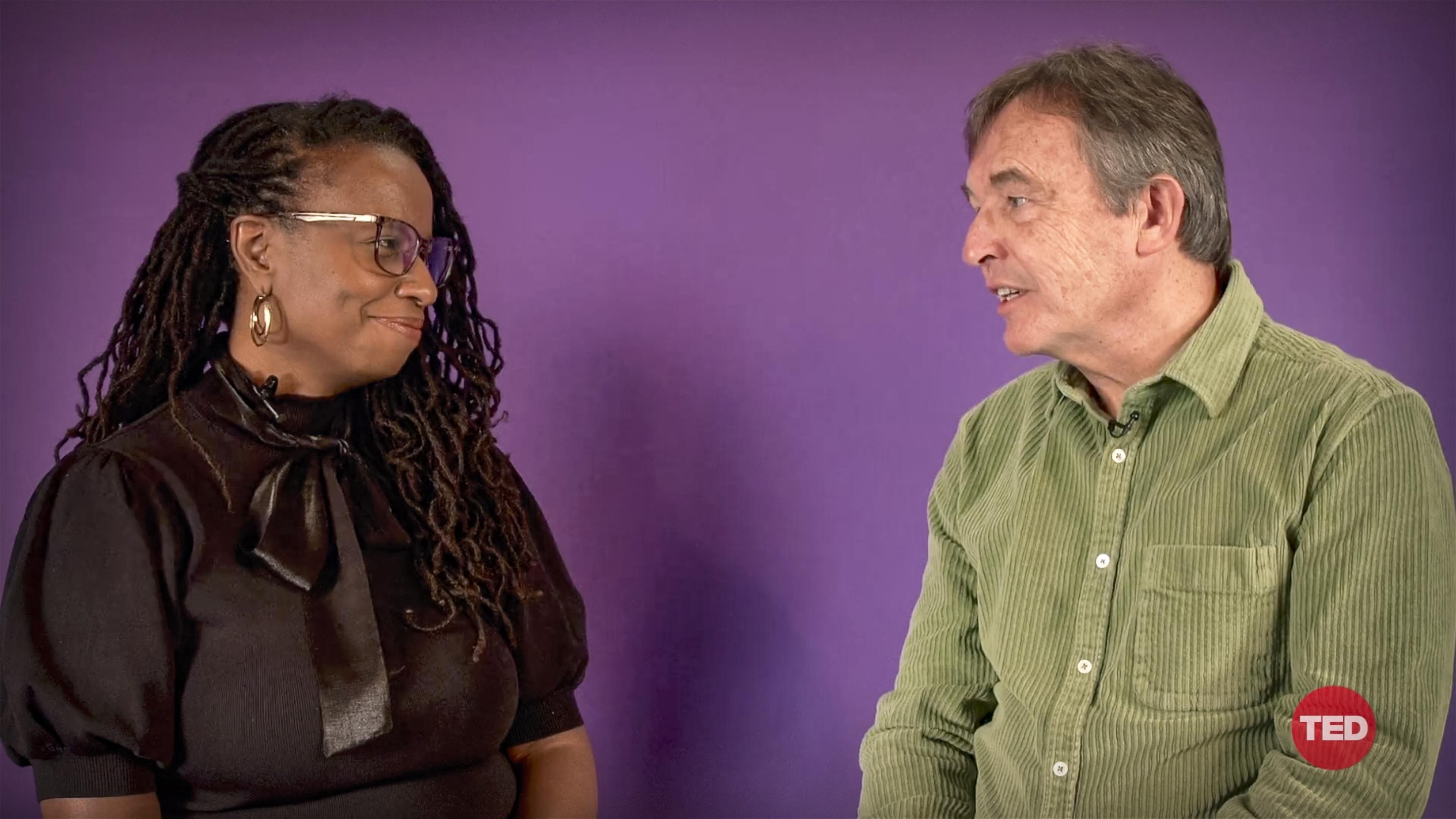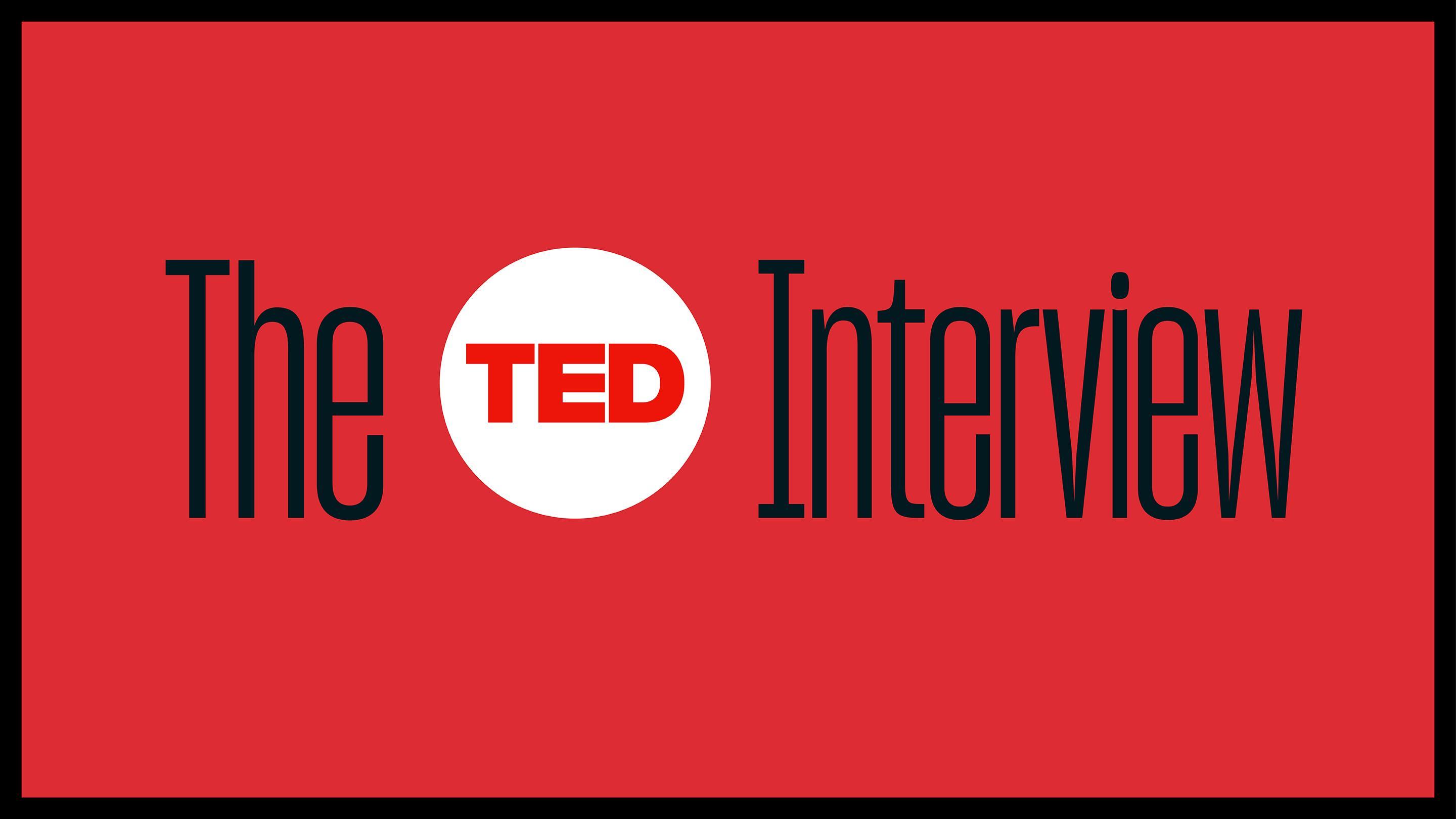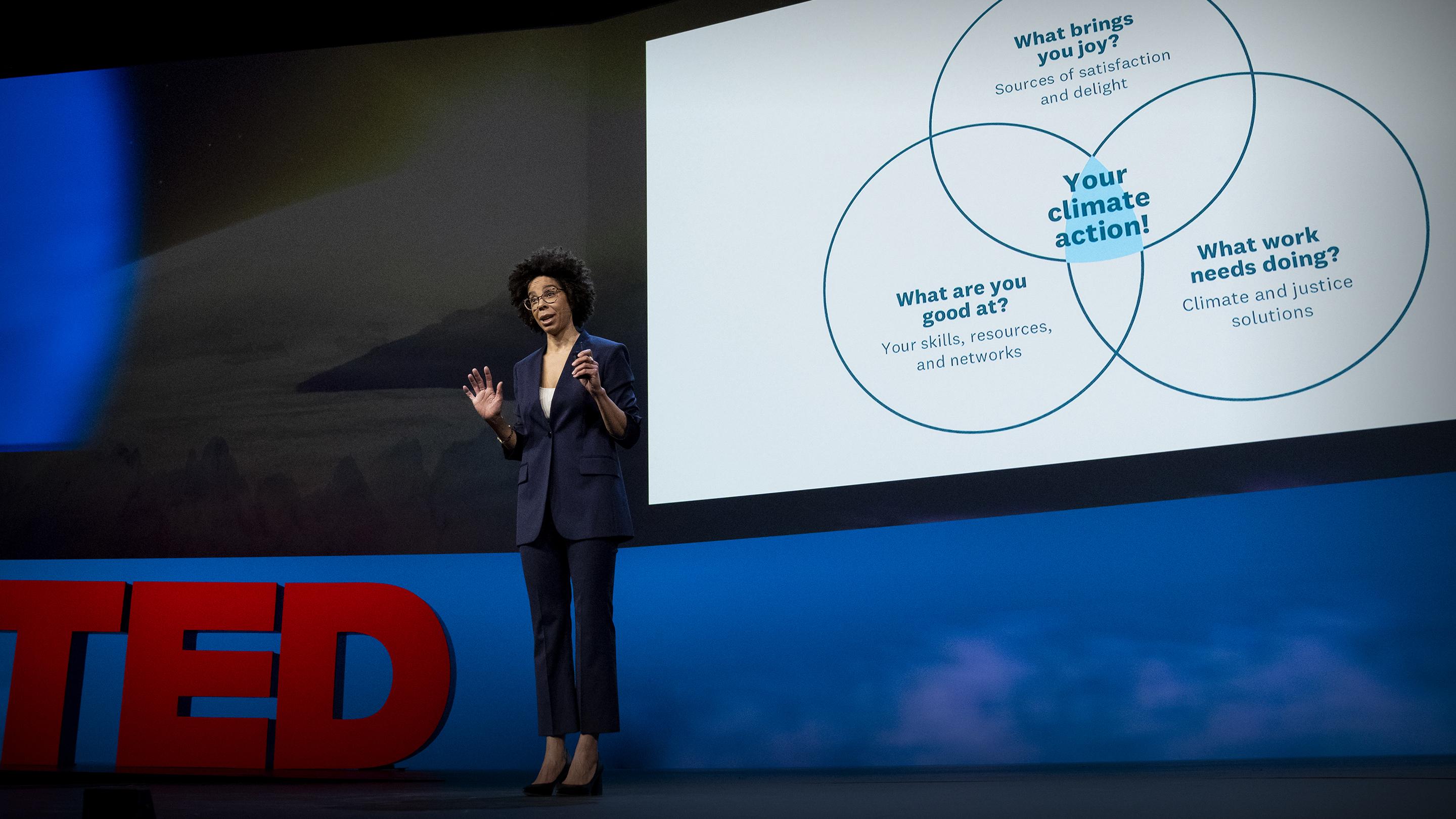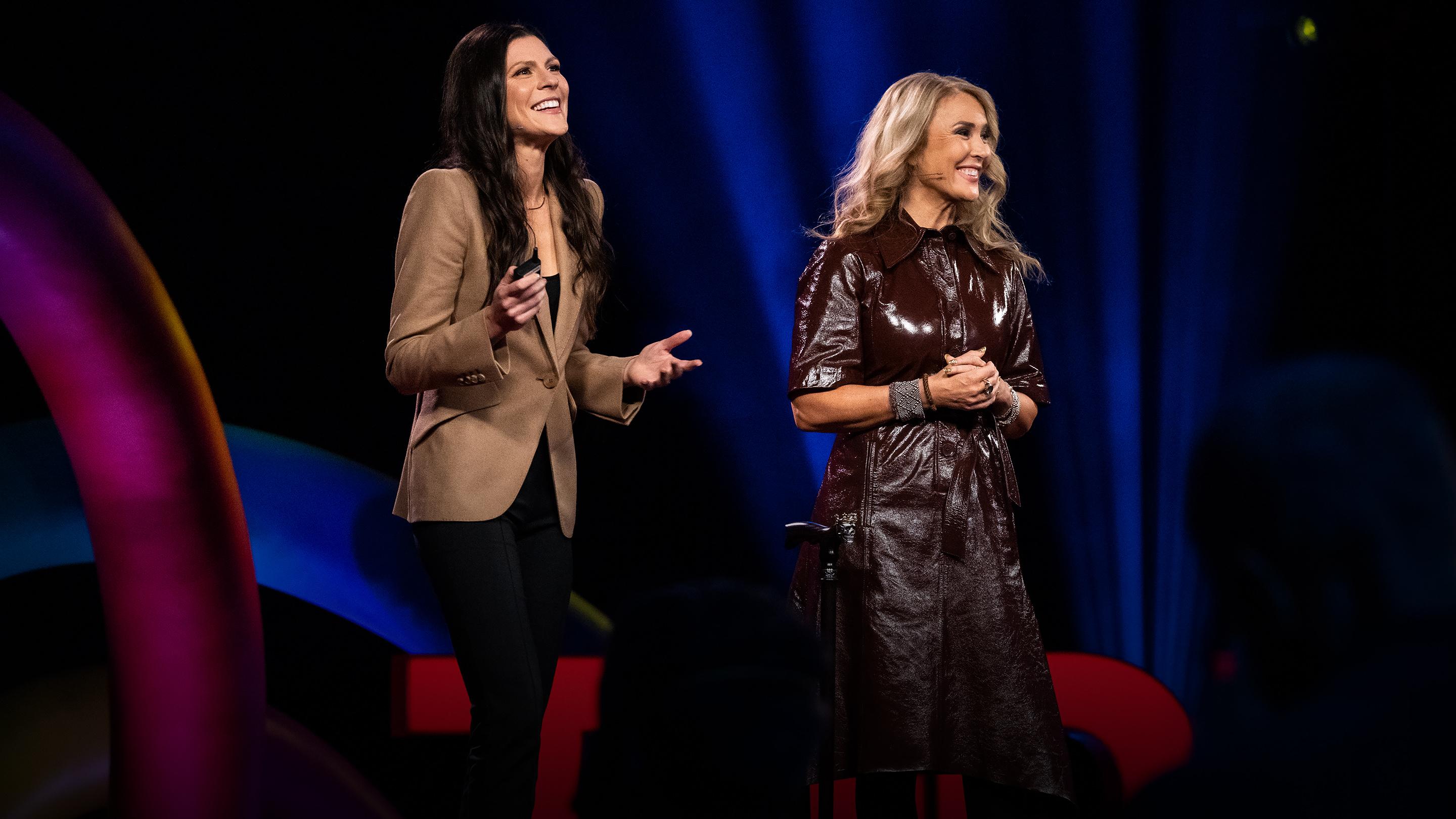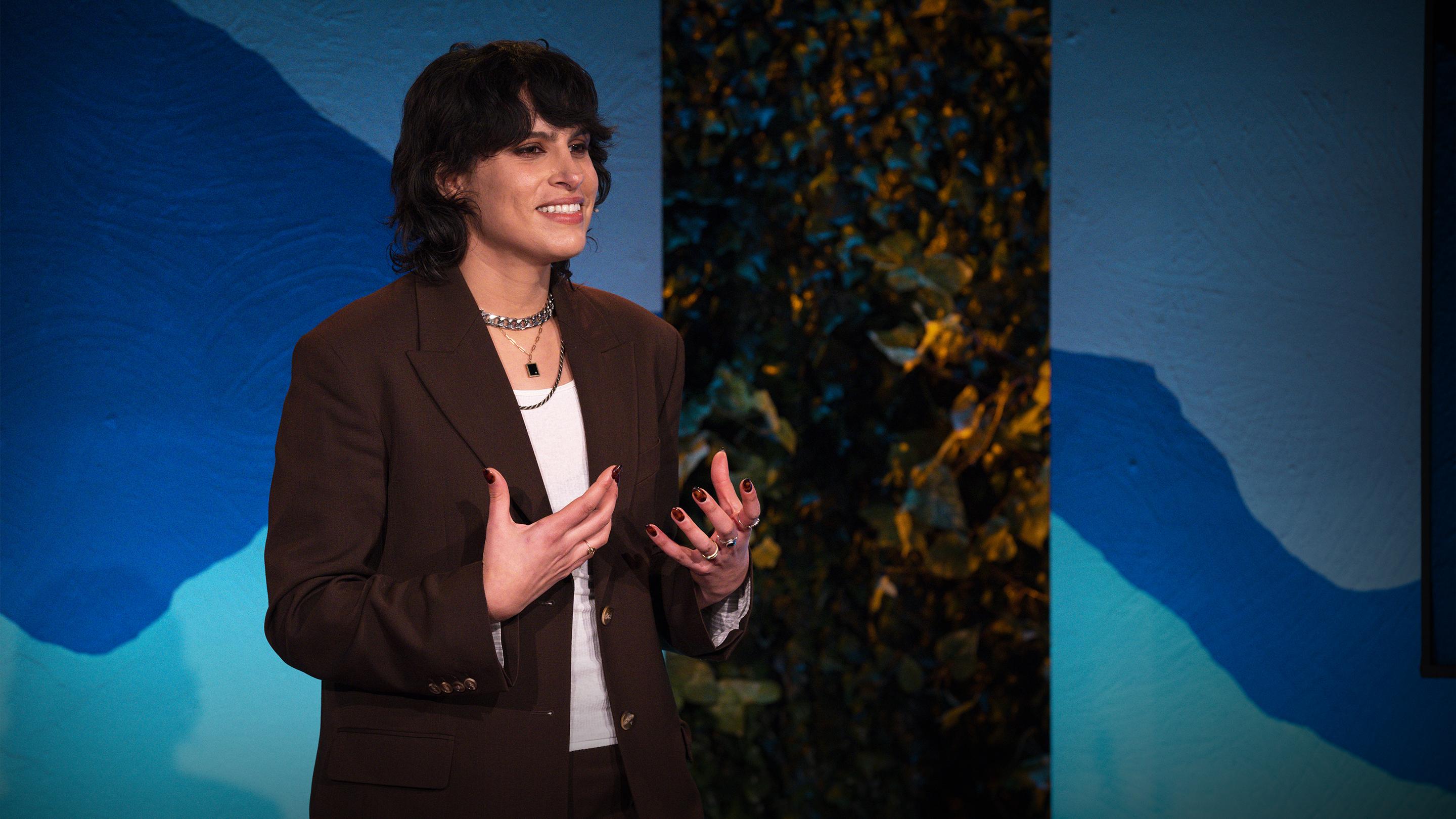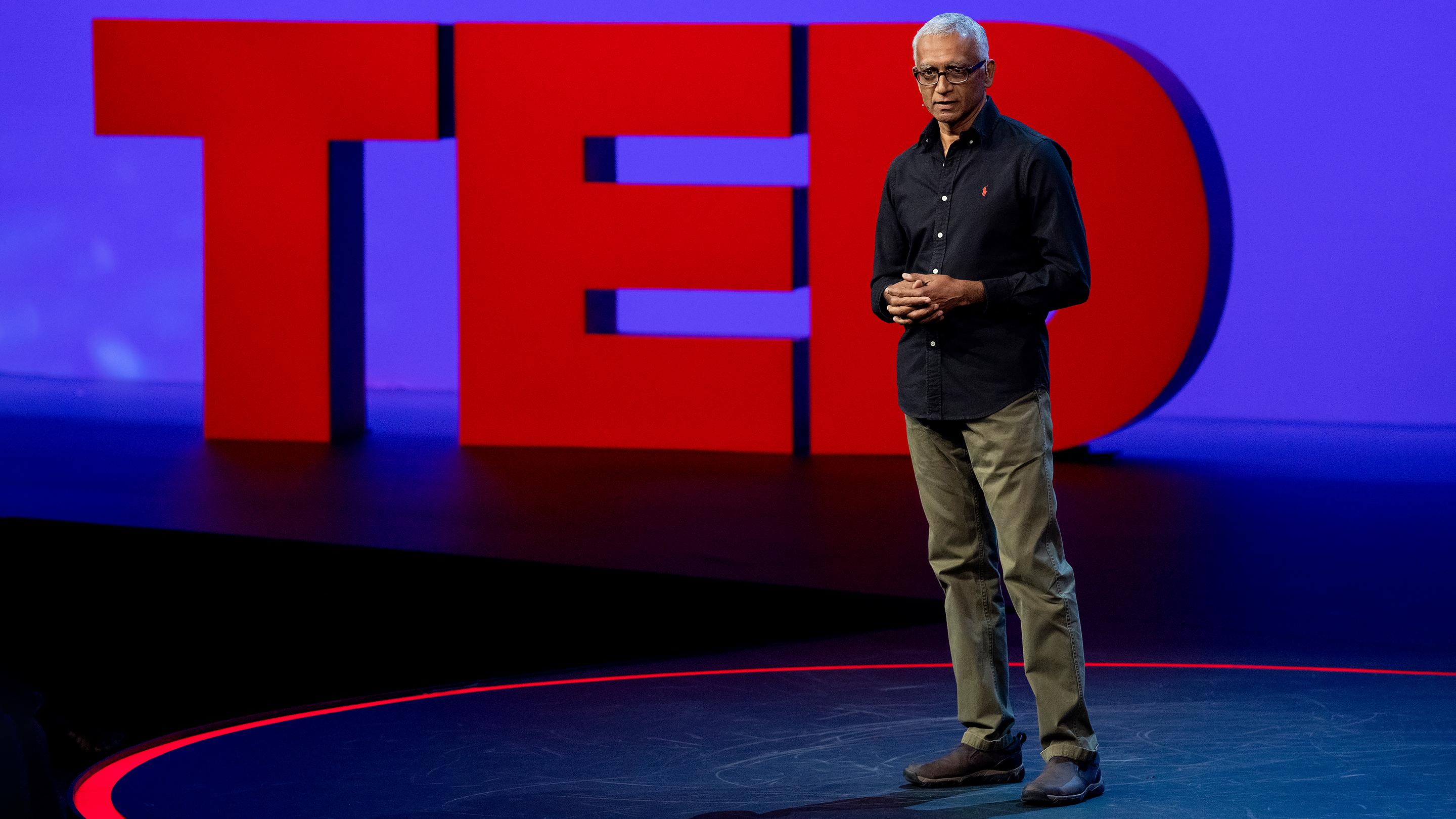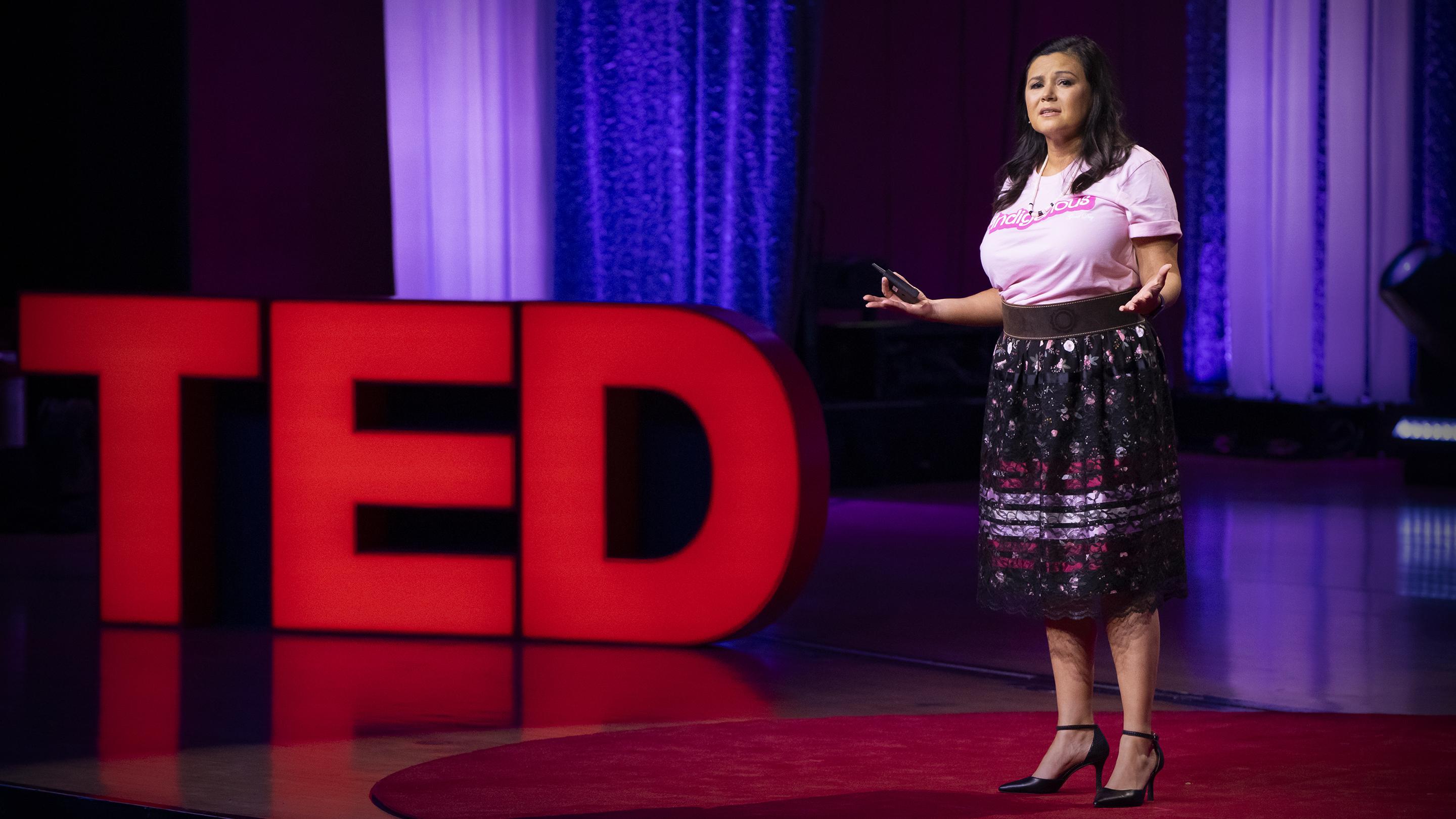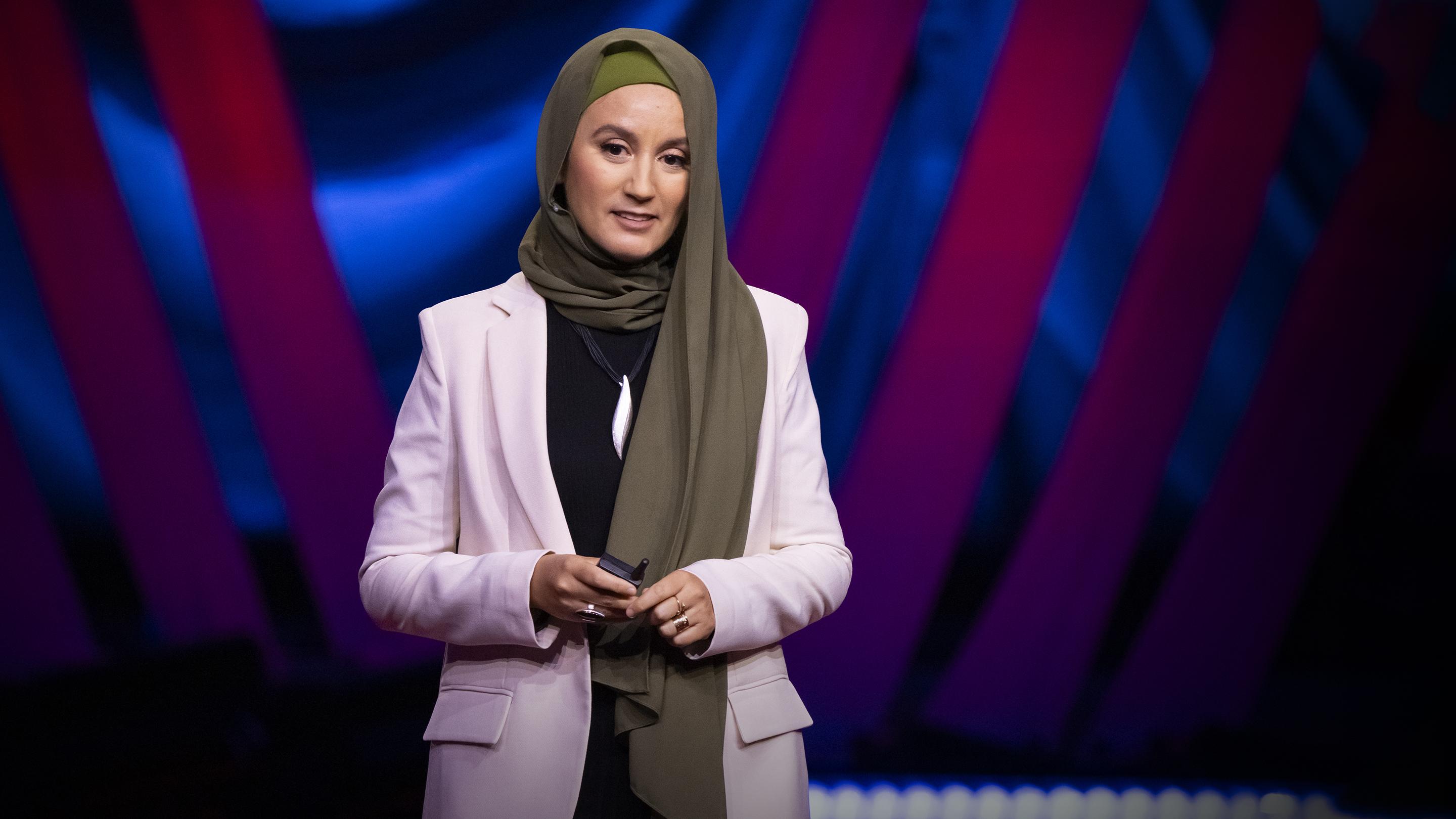Folgen
-
Too often, employees are unmotivated and unhappy, with no real incentive to invest much of anything into their place of work. Investment expert Pete Stavros thinks there's a better way, and he's on a mission to rethink corporate structures to expand who benefits from a thriving company. Sharing personal stories of his own journey along with the profound impact doing this work effectively can have, this moving talk provides a blueprint for changing the narrative — and outlook — for millions of workers worldwide.
-
Uncontrolled fire threatens nature — but the right kind of fire can maintain the health and balance of the land, says fire management expert Oral McGuire. As a leader in the Nyungar community of southwestern Australia and a former firefighter, he connects traditional wisdom with modern techniques to wield fire in a way that promotes biodiversity and heals the spirit of the land at the same time.
-
Fehlende Folgen?
-
Welcome to the "Auntieverse" — a surreal tribute to "auntie culture" by artist Niceaunties, inspired by the spirit of the women who care for each other and their families. From sushi-bedecked cars with legs to hot tub baths full of ramen, Niceaunties shares a visual feast that fuses AI and imagination and celebrates the eccentric, vibrant world of aunties with reverence and awe.
-
"Storytelling is one of the most powerful marketing and leadership tools there is," says communications expert Kelly D. Parker. She explains how stories make proposals of all kinds more memorable — and shows how you can craft a compelling narrative to connect, persuade and drive meaningful action.
-
When it comes to artificial intelligence, what are we actually creating? Even those closest to its development are struggling to describe exactly where things are headed, says Microsoft AI CEO Mustafa Suleyman, one of the primary architects of the AI models many of us use today. He offers an honest and compelling new vision for the future of AI, proposing an unignorable metaphor — a new digital species — to focus attention on this extraordinary moment. (Followed by a Q&A with head of TED Chris Anderson)
-
Each Sunday, TED shares an episode of another podcast we think you'll love, handpicked for you… by us. Today: an episode from Fixable, TED's business call-in advice show hosted by leadership experts Anne Morriss and Frances Frei.
Multiple deadly crashes, a door flying off mid-flight, a CEO forced to step down Boeing has had more than a few disasters. And in case anyone at Boeing is listening, Anne and Frances have some advice to offer for our first ever "Unsolicited Advice" episode. How can a company redeem itself after so many appalling headlines? Where does the leadership team go from here? Listen for valuable takeaways anyone can learn from on taking "radical responsibility" for an organization's performance.
What problems are you dealing with at work right now? Text 234-FIXABLE or email [email protected] to be featured on the show.
Transcripts for Fixable are available at go.ted.com/fixabletranscripts
-
Can cannabis actually treat insomnia? It's complicated, says sleep physiologist Jen Walsh. While the plant has been used across time and cultures, there's been little scientific research on how it impacts sleep disorders like insomnia. That's precisely where she and her team come in. Learn about the world's first study into the potential of medicinal cannabis as a safe, accessible treatment to help us all rest easy.
-
The convergence of AI and robotics will unlock a wonderful new world of possibilities in everyday life, says robotics and AI pioneer Daniela Rus. Diving into the way machines think, she reveals how "liquid networks" — a revolutionary class of AI that mimics the neural processes of simple organisms — could help intelligent machines process information more efficiently and give rise to "physical intelligence" that will enable AI to operate beyond digital confines and engage dynamically in the real world.
-
What does it mean to be an active citizen? It's about more than just voting and paying taxes, says social entrepreneur Gabriel Marmentini. He explains why we can't rely on the state alone to solve all our problems — and presents the four key ingredients for anyone to become a change-maker and engage in solving public issues.
-
How can Israelis and Palestinians achieve peace? Palestinian peacemaker Aziz Abu Sarah and Israeli peacemaker Maoz Inon discuss the immeasurable tragedies they've experienced growing up in the region — and how they choose reconciliation over revenge, again and again. With a fierce belief in a better future, they talk about conflict, safety, finding shared values and how they're building a coalition of Israeli and Palestinian citizens who are intent on creating a path to hope and peace.
-
It might sound like the plot of a movie, but economic crime is all around us — from drug trafficking and fraud to cybercrimes, tax evasion and more. Economic crime fighter Hanjo Seibert breaks down the complexities of money laundering and how we can all wield our collective power to dismantle the underworld economy and turn off the money tap for criminals.
-
TED is on a mission to discover and champion the ideas that will shape tomorrow. Reflecting on the evolution of that mission, TED's Chris Anderson and Monique Ruff-Bell cast a visionary gaze on the organization's future — including a revamped tagline, a renewed emphasis on debate and the launch of an exciting new conference — and explore the indispensable role of ideas in navigating societal challenges and fostering global innovation. Learn more about TED's enduring legacy, its path forward for the decades ahead and how you can join us in sparking a brighter future.
-
To get a free copy of the Infectious Generosity book, visit ted.com/generosity
Each Sunday, TED shares an episode of another podcast we think you'll love, handpicked for you… by us. Today: an episode from The TED Interview. Back for a new season, Head of TED Chris Anderson interviews amazing thinkers about the ultimate idea worth spreading: infectious generosity.
Bill Gates, the founder of Microsoft and the co-chair of the Bill & Melinda Gates Foundation, is one of the top ten richest people in the world. But since 2008, he has traded his day-to-day role with Microsoft to focus full-time on his foundation's work to expand opportunity around the world.
Chris interviews Bill about his philanthropy philosophy and digs into the opportunities and challenges that face one of the largest private charitable foundations in the world. The two also discuss The Giving Pledge, the movement Bill co-founded with Warren Buffet, which encourages wealthy individuals to commit the majority of their wealth to charitable causes within their lifetimes.
Chris and Bill examine the importance of solving the world’s most pressing problems efficiently, talk about why meaningful change requires scale, and compare notes on how to best encourage collective excitement about giving back.
-
We can all play a role in the climate movement by tapping into our skills, resources and networks in ways that bring us satisfaction, says climate leader Ayana Elizabeth Johnson. She suggests drawing a Venn diagram to map these questions: What are you good at? What is the work that needs doing? And what brings you joy? Where your answers intersect is where you should put your climate action effort. "Averting climate catastrophe: this is the work of our lifetimes," Johnson says.
-
There's a mistaken belief in today's working world that leaders need to be serious all the time to be taken seriously. The research tells a different story. Based on the course they teach at Stanford's Graduate School of Business, behavioral scientist Jennifer Aaker and corporate strategist Naomi Bagdonas delve into the surprising power of humor: why it's a secret weapon to build bonds, power, creativity and resilience -- and how we can all have more of it.
-
When filmmaker Desiree Akhavan told her Iranian immigrant parents she was in love with a woman, she knew they would object. She explains why it's worth the risk to let people get to know the real you.
-
Our memories and bodies give us clues about who we are, but what happens when this guidance shifts? In this mind-bending talk, science writer Anil Ananthaswamy shares how the experiences of "altered selves" -- resulting from schizophrenia, Alzheimer's, foreign limb syndrome or other conditions -- shed light on the constructed nature of identity. He breaks down where our sense of self comes from and invites us to challenge our assumptions about who we are, with the aim of building a better you and a better world.
-
In a part of the United States with more than 17,000 years of human history, cultural preservation advocate Tracie Revis is working to turn the Ocmulgee Mounds into Georgia's first national park and preserve. This park would be co-managed by the Muscogee (Creek) Nation, bringing the tribal voice back to an area they were forcibly removed from 200 years ago. Revis explores the complex feelings of caring for this land and shows how it's fostering healing in return.
-
Can AI help catch oceanic outlaws? From drug smugglers to modern-day pirates, maritime crime fighter Dyhia Belhabib introduces Heva: an AI-powered tool that aggregates international criminal records to detect and stop crime that might otherwise get swept away in the tide.
-
Each Sunday, TED shares an episode of another podcast we think you'll love, handpicked for you… by us. Today: an episode from TED Health, a podcast that shares ideas about your well-being -- from smart daily habits to new medical breakthroughs.
While doctors take an oath to do no harm, there's a good chance their unconscious biases can seep into how seriously they treat pain. Physician Sheetal DeCaria explains how perception impacts medical care and treatment -- and calls for health care professionals to check in with themselves before checking in with their patients. Stay tuned after the talk as Shoshana, our TED Health Host, digs deeper into how implicit bias impacts the quality of health care Black women receive.
- Mehr anzeigen


